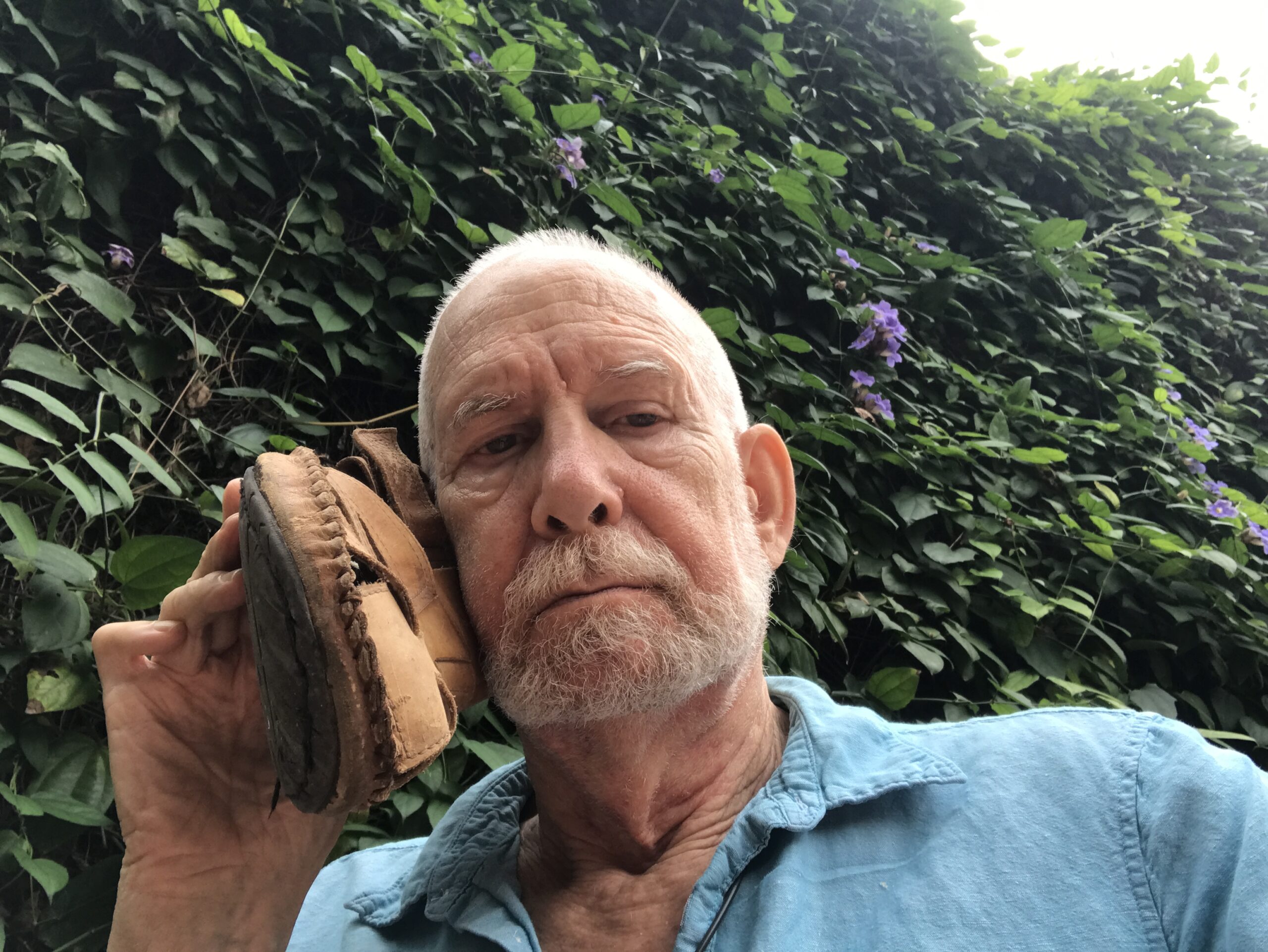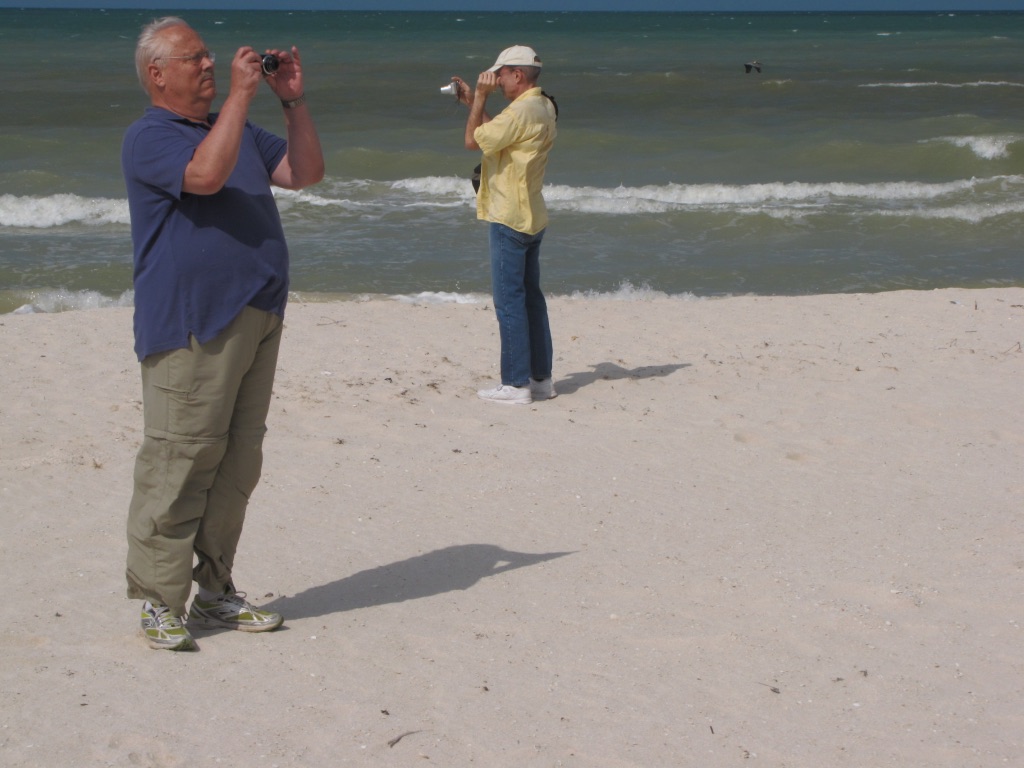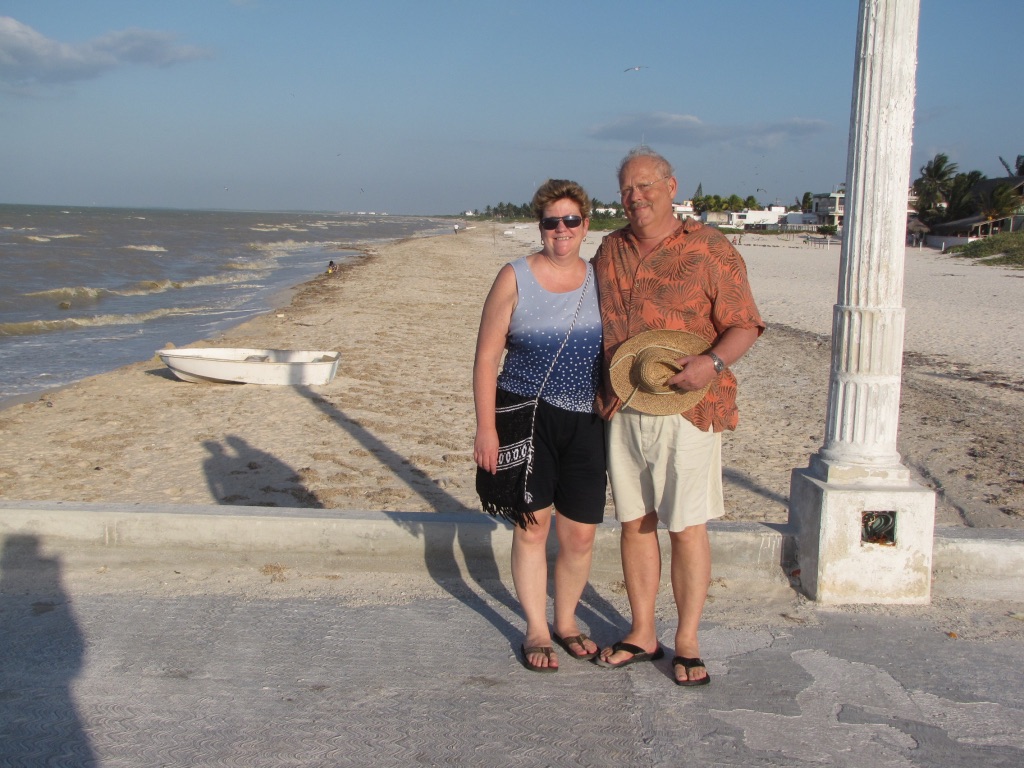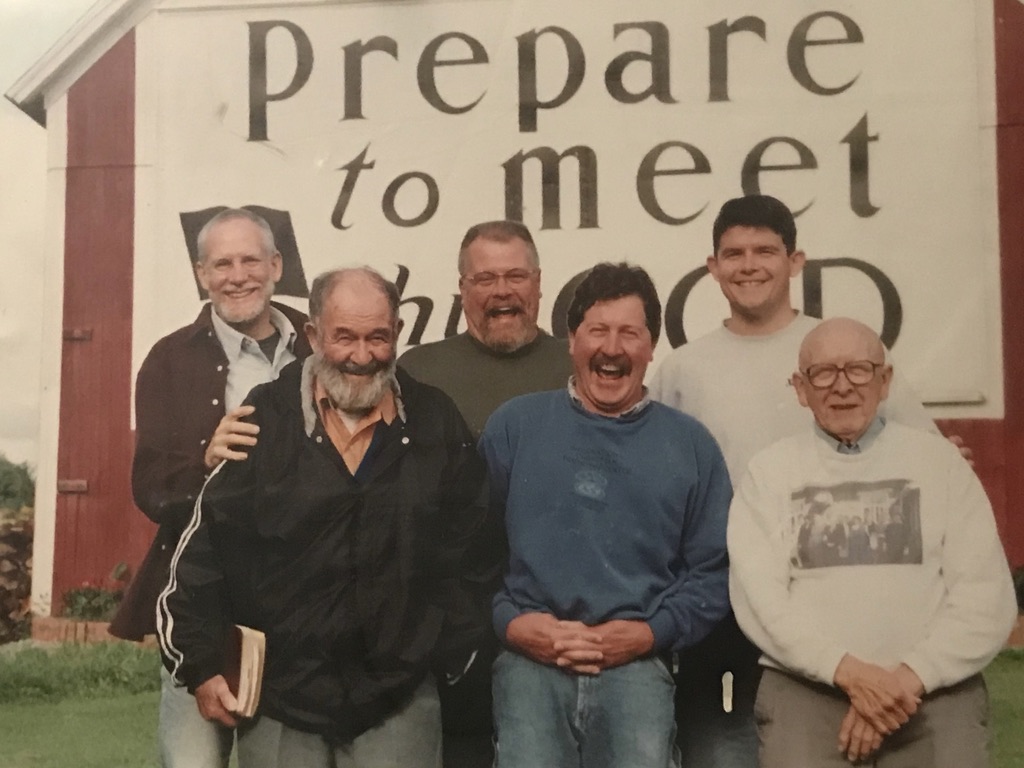
FAIR USE
I’ve never been troubled by being thought a fool for Christ (Paul’s descriptor) — but Christianity itself can be downright embarrassing! Less than a majority of US voters elected a violent sex-abuser and perpetual cheater, to our highest office. But a huge majority of those voters apparently claim to be Christians. So this contrarian, me, is now calling himself a born-again Socratic. “Why?” you might ask. Have I traded Jesus for Socrates? No, I’m just ashamed. And I’m publicly rejecting the Biggest Heresy of all time, about Jesus, my Lord.
It all got started by another emperor to settle a church fight (and he wasn’t even a Christian until he was on his death-bed decades later when he accepted Christ, in what might be seen as a superstitious bet). Emperor Constantine, in 325 A.D. , asserted that the Son was the Father of himself! Like G.W.Bush, he told the bishops at the first Council of Nicaea that he, Constantine, was the decider. Half of them said “Amen”! And so it became “settled doctrine”. They had been arguing for years about whether Jesus was of the same substance as the Creator of the universe, or of similar substance as the Creator. (Thus entered into our idiom the phrase of “not making an iota of difference” – the battle centered on the spelling of two nearly identical words, one having an extra letter i called iota in Greek.)
“Such a deal” said the bishops, realizing they would no longer risk being fed to the lions if they agreed with CONNIE that politics and religion could marry each other. Thus Christian “sharia” was born! Suddenly Christian futures were highly valued; church-boy stock was up! And any bishop, minister, pastor, or theologian who dared to disagree was suddenly potential CatChow, or maybe just out of a career. (They still teach this today to preachers in grad school and seminary: don’t touch the third rail of Jesus-as-God!) Yeah, the Text says “I and my Father are one” — but ancient Greek had two words for “one”, while English struggles with just a single word for it.)
Well, Socrates spoke Greek; but like Jesus, neither of them wrote anything (that we know of). And nobody has yet declared Sok’ to be God in the flesh. Both men had divine connections, to be sure. But Jesus, it is little noticed, said “He that believeth on me, believeth not on me, but on him that sent me” (John 12:44). And Socrates often commented on his “divine sign” which guided him to avoid going forward at certain points — which brings us to the point of this blogpost: a new book, OPEN SOCRATES: The Case for a Philosophical Life, by Professor Agnes Callard, of University of Chicago. (I’m awaiting arrival of my hardcover copy, after reading the free Kindle sample, which you might also examine and enjoy.)















